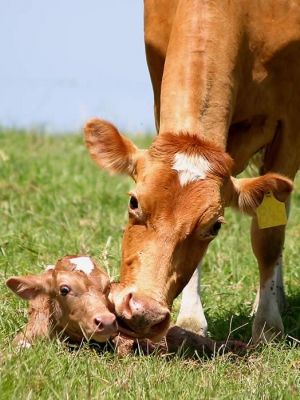I have been thinking a lot about #motherhood in epic and have some thoughts! (A thread!)
This semester, I’ve been teaching a Greek course “Homer’s Iliad and the Trauma of War.” In Achilles in Vietnam, Jonathan Shay says “Men become *mothers* to one another in combat.” 1/
This semester, I’ve been teaching a Greek course “Homer’s Iliad and the Trauma of War.” In Achilles in Vietnam, Jonathan Shay says “Men become *mothers* to one another in combat.” 1/
Shay’s insight is supported by some beautiful similes in the Iliad in which warriors are compared to mothers protecting their young.
--Teucer sheltering behind Ajax’s shield is like a child hiding behind his mother’s skirts (8.266-272) 2/
--Teucer sheltering behind Ajax’s shield is like a child hiding behind his mother’s skirts (8.266-272) 2/
--Achilles is like a mother-bird bringing food to her young, while going without herself (9.323-327)
--Patroclus weeps like a a little girl running after her mother (16.5-11)
--Menelaus stands over the corpse of Patroclus like a mother cow standing over her calf (17.4-6) 3/
--Patroclus weeps like a a little girl running after her mother (16.5-11)
--Menelaus stands over the corpse of Patroclus like a mother cow standing over her calf (17.4-6) 3/
I think it’s important that we imagine this kind of protective love as maternal. But there’s also a darker side--as some great female scholars of Homeric poetry have noticed (Sheila Murnaghan and Celsiana Warwick) there’s also a lot of ambiguity about the mother in the Iliad. 4/
Many mothers try, but fail, to protect their children (Thetis, Hecuba, Andromache—even Aphrodite!). Mythological mothers actively contribute to their children’s destruction: we hear of the murderous/destructive mothers Althaea (9.565-572) and Niobe (24.601-608). 5/
(p.s. this pattern continues in the Odyssey, where Penelope compares herself to the nightingale/Procne)
Great reads on this issue:
Murnaghan: #metadata_info_tab_contents">https://www.jstor.org/stable/25010975?seq=1 #metadata_info_tab_contents
Warwick:">https://www.jstor.org/stable/25... https://www.researchgate.net/publication/331643828_The_Maternal_Warrior_Gender_and_Kleos_in_the_Iliad">https://www.researchgate.net/publicati... 5/
Great reads on this issue:
Murnaghan: #metadata_info_tab_contents">https://www.jstor.org/stable/25010975?seq=1 #metadata_info_tab_contents
Warwick:">https://www.jstor.org/stable/25... https://www.researchgate.net/publication/331643828_The_Maternal_Warrior_Gender_and_Kleos_in_the_Iliad">https://www.researchgate.net/publicati... 5/
It seems to me that in a story that so privileges paternal succession and the relationship between fathers and sons (esp. in Book 24, where Priam/Hector and Peleus/Achilles are so important), there is some anxiety about motherhood. 6/
There& #39;s an impulse to show maternal love as ineffective or even destructive. Ironically, the most protective mothers in the poem are male combatants. Meanwhile the “real” mothers, human and divine—fail to protect their children. 7/
We can appreciate the beauty and poetry of those maternal warrior similes but also notice how the poem devalues women as mothers. /end

 Read on Twitter
Read on Twitter


